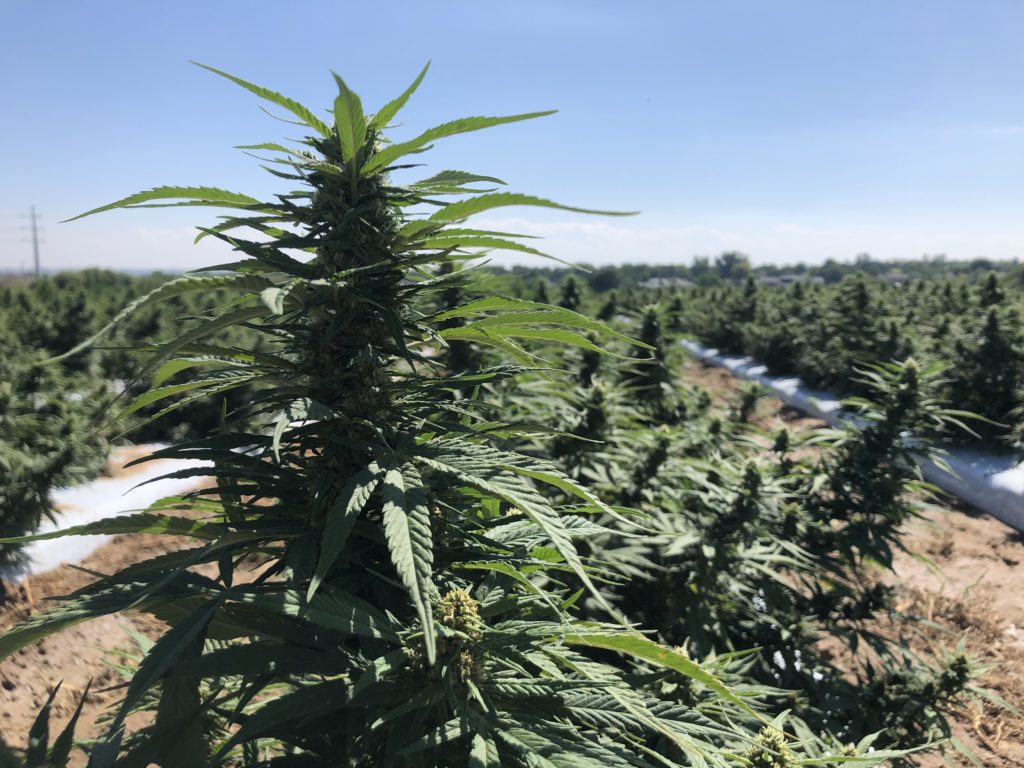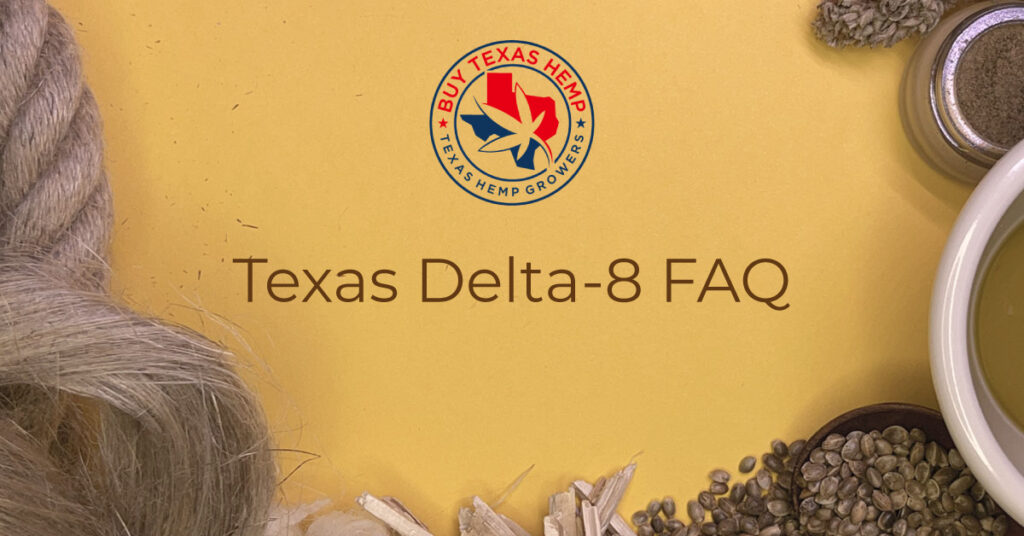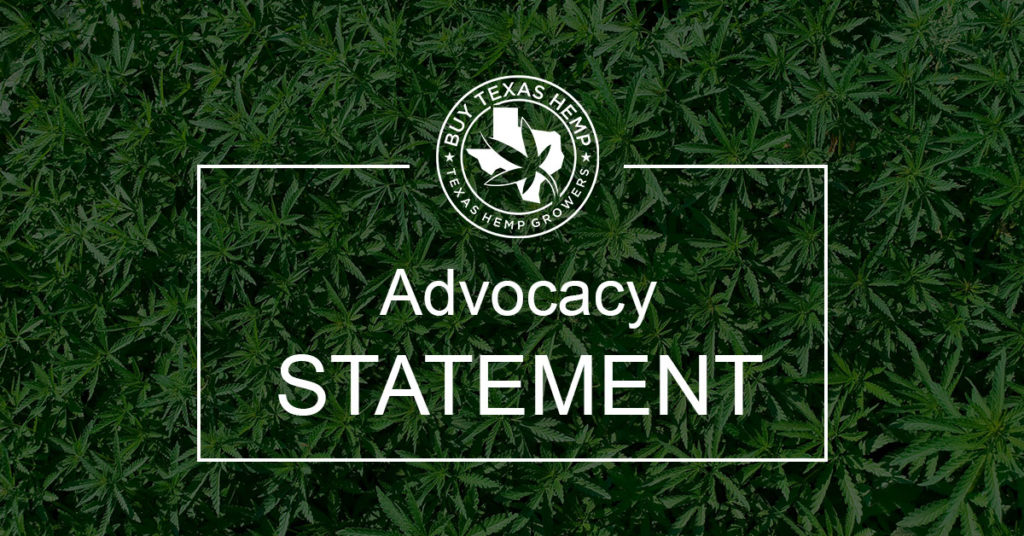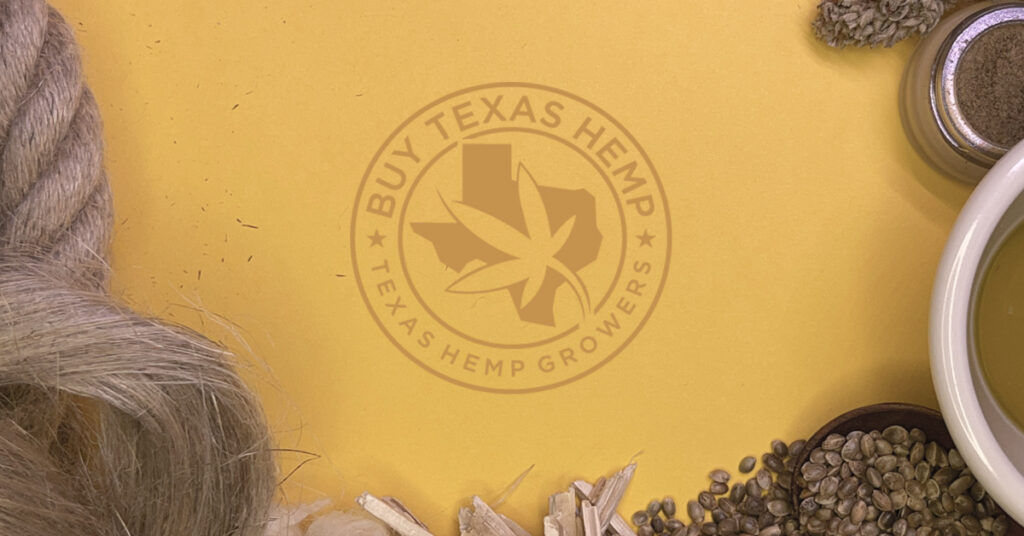USDA Study Suggests Low Cannabinoid Exposure from Cattle Fed Hempseed Cake
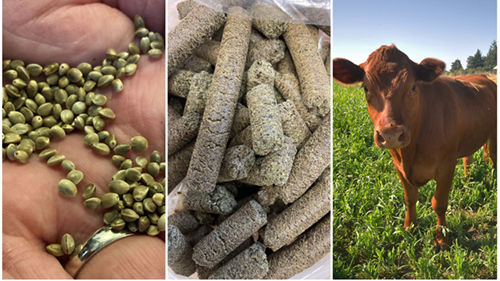
A recent study by the United States Department of Agriculture’s Agricultural Research Service (USDA-ARS) and North Dakota State University (NDSU) has found that feeding cattle with hempseed cake, a byproduct of industrial hemp, results in very low levels of cannabinoid residues in muscle, liver, kidney, and fat tissues. The findings suggest that hempseed cake could be safely used as a source of protein and fiber in cattle feed.
Currently, hempseed cake cannot legally be used in food animal rations, as the extent of cannabinoid residues in edible animal tissues remains unclear. In this study, led by Research Physiologist David J. Smith, cattle were fed a diet containing 20% hempseed cake for 111 days. The hempseed cake contained an average concentration of 1.3 ± 0.8 mg/kg of CBD and THC combined, far below the legal threshold of 0.3% THC.
Results showed that CBD and THC levels were below detectable levels in the liver, kidney, and skeletal muscle of cattle fed hempseed cake. Low levels of the cannabinoids were detected in adipose tissue (fat) with no withdrawal period, but researchers concluded that it would be difficult for humans to consume enough fat from cattle fed with hempseed cake to exceed regulatory guidelines for dietary THC exposure.
The study indicates that hempseed cake, with its low cannabinoid content, could be a suitable source of crude protein and fiber in cattle feed, while providing a potential market for this byproduct of hempseed oil extraction. Final approval for the legal use of hemp products in animal feeds remains with the U.S. Food and Drug Administration.

